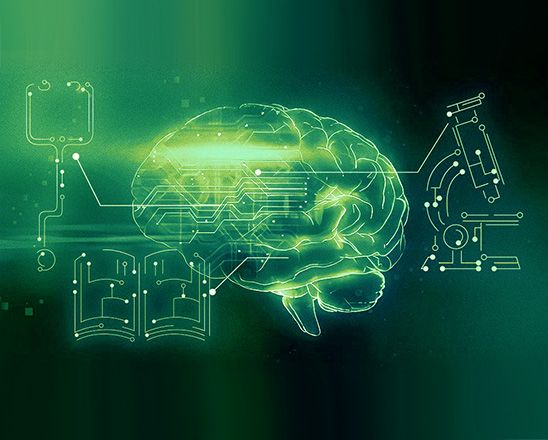
AI Innovations: Bridging Theory and Practice in Applied Sciences

This course is offered in collaboration with the National Center for Scientific Research “Demokritos” and will be taught by Demokritos researchers/scientists. Classes will be held at the facilities of Demokritos.
Artificial intelligence (AI) in Applied Sciences is designed to equip third-year undergraduate students in applied sciences with a deep understanding of AI’s fundamental concepts, its methodologies, and the transformative role it plays in various fields. The course unfolds over eight modules, each focusing on a distinct aspect of AI, starting from its historical evolution and moving through its sub-domains, practical applications, and ethical considerations.
The first module, “Demystifying AI,” lays the groundwork by exploring the history and evolution of AI, and addressing common misconceptions to ensure that students possess a clear foundational knowledge. Subsequent modules delve into specific AI sub-domains, including machine learning algorithms, neural networks, and natural language processing, providing students with a broad understanding of the technical aspects of AI. The course also emphasizes the significance of data management, highlighting techniques for collecting quality data and data annotation, critical for training AI models.
A unique feature of this course is its focus on AI’s role in enhancing the research project life cycle and its practical applications in research and development. Through a series of case studies, students will explore how AI technologies are applied across various stages of research, from ideation to dissemination of findings.
Course Approach
The course adopts a hands-on approach, combining theoretical instruction with practical exercises, discussions, and project work. Students will engage with real-world case studies, participate in group discussions, and undertake projects that apply AI concepts to practical problems.
Learning Objectives
By the end of this course, students will have a comprehensive understanding of artificial intelligence, its capabilities, limitations, and potential impact on society. They will be well-prepared to apply AI technologies in their future research and development projects, with a keen awareness of the ethical considerations involved in deploying AI solutions.
Specifically, students will:
– Understand the fundamental concepts of AI.
– Differentiate between AI sub-domains.
– Understand the importance of quality data collection and annotation techniques.
– Analyze and evaluate AI technologies.
– Stay abreast of emerging trends in AI.
– Choose among the main AI tools that can be integrated in traditional research processes in the field of applied sciences.




